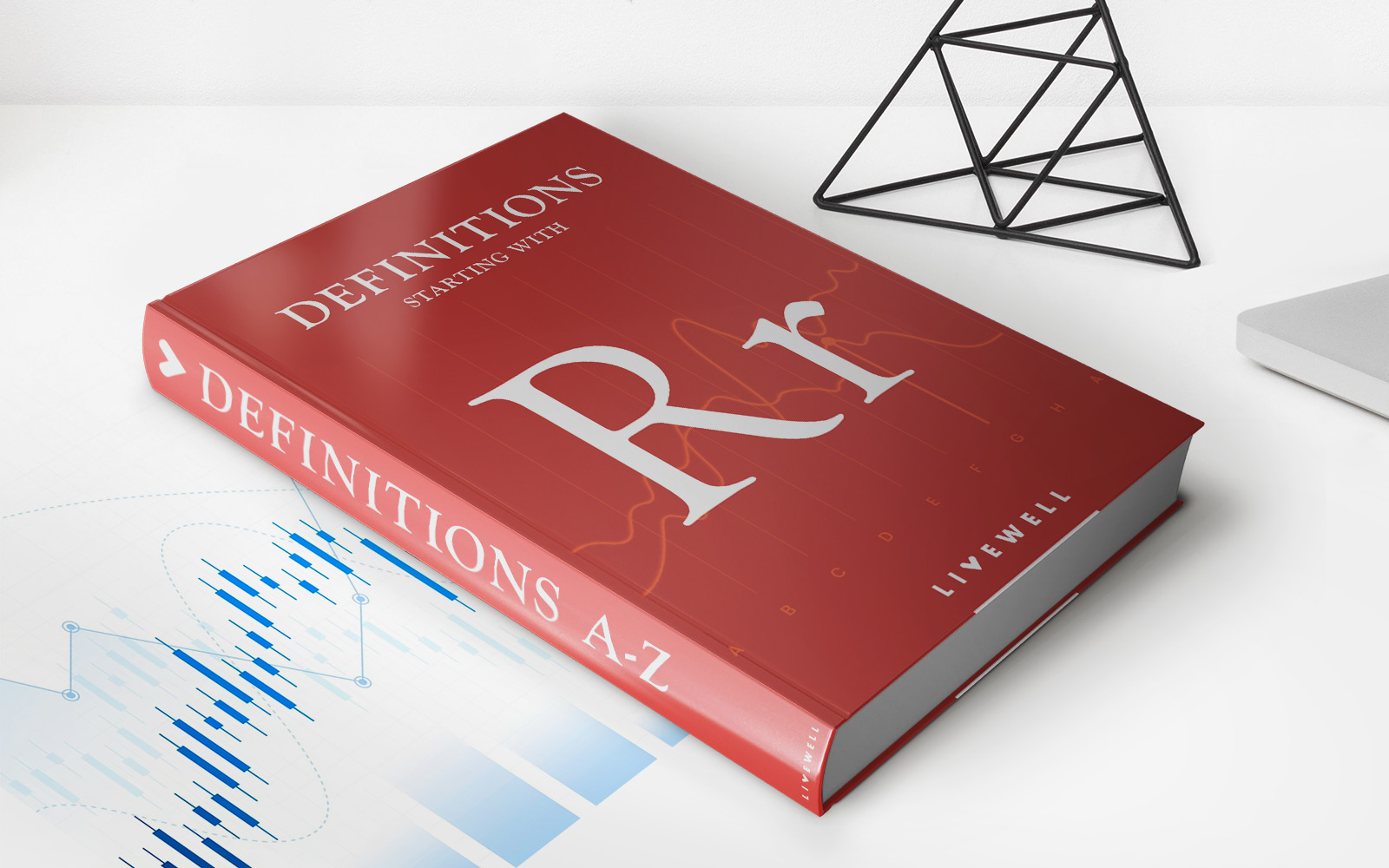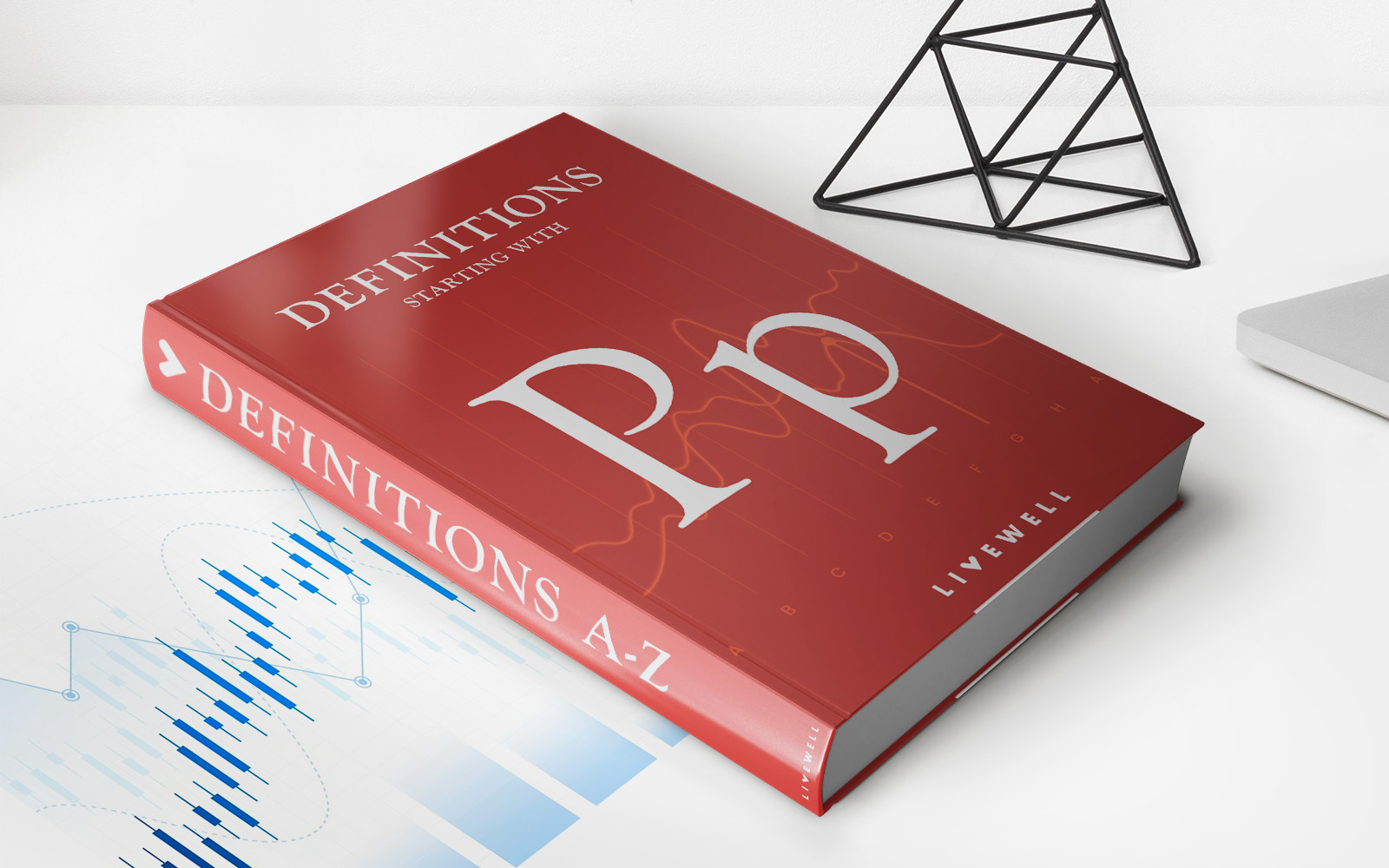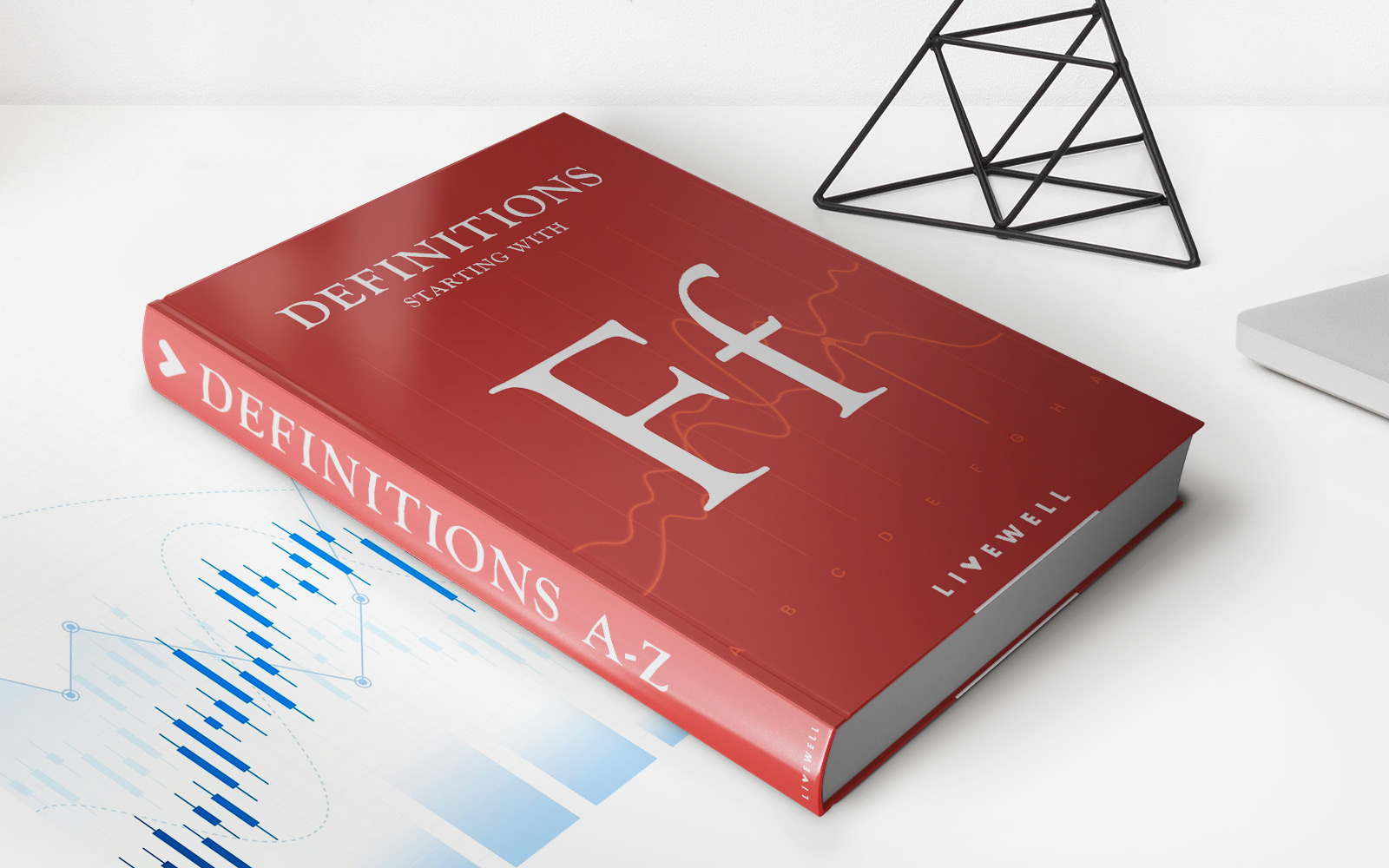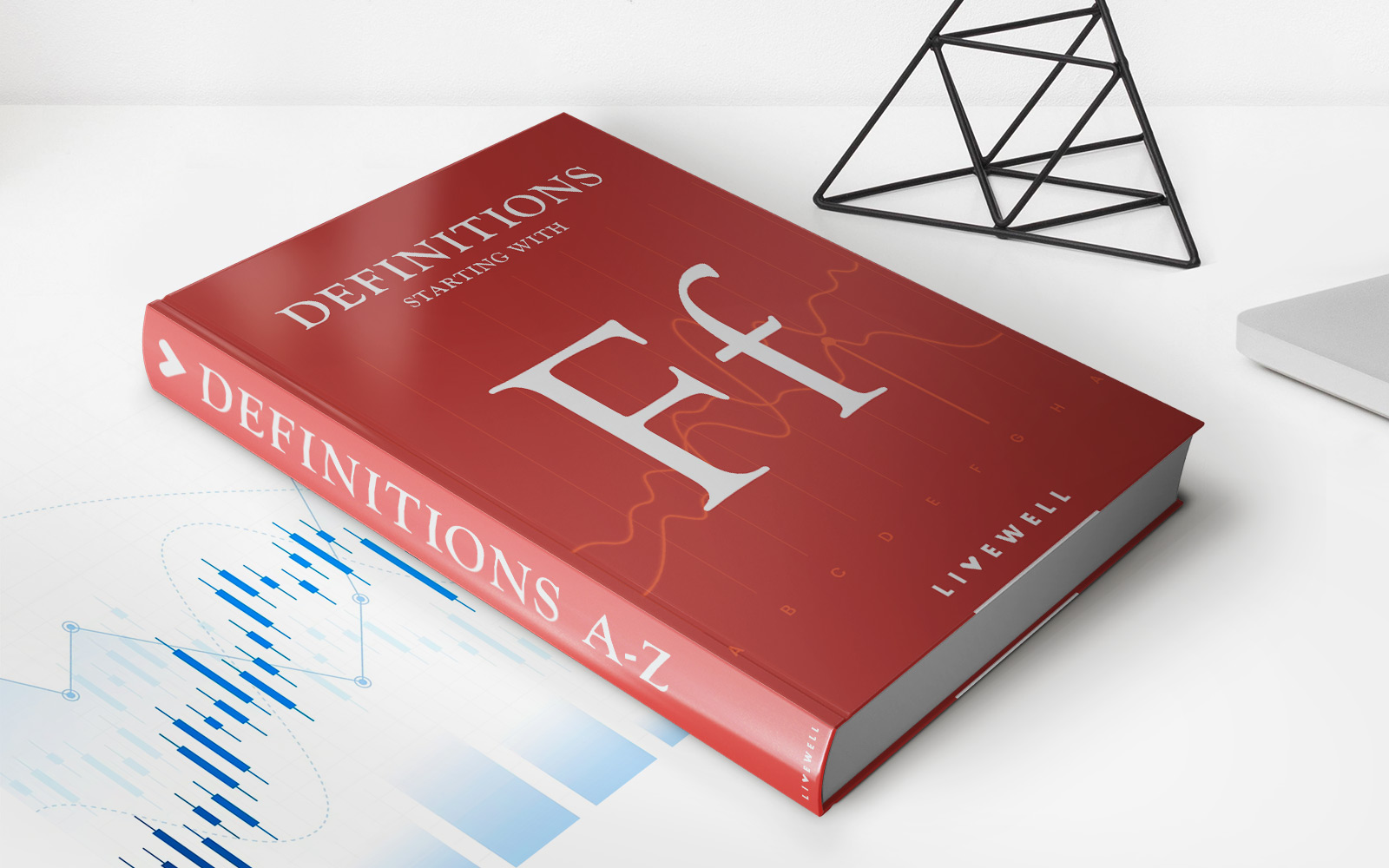

Finance
What Is Property Insurance?
Published: January 22, 2024
Learn the importance of property insurance and how it safeguards your finances. Discover the various aspects of property insurance and its role in financial protection.
(Many of the links in this article redirect to a specific reviewed product. Your purchase of these products through affiliate links helps to generate commission for LiveWell, at no extra cost. Learn more)
Table of Contents
Introduction
Understanding Property Insurance
Property insurance is a crucial aspect of financial planning and risk management for individuals and businesses alike. It provides protection against unforeseen events that can result in financial loss due to damage or loss of property. Whether it's a home, business premises, or valuable assets, property insurance offers a safety net that can help mitigate the impact of unexpected disasters.
Property insurance policies are designed to cover various types of property, including real estate, personal belongings, and business assets. Understanding the intricacies of property insurance is essential for making informed decisions about coverage options, deductibles, and premiums. By delving into the nuances of property insurance, individuals and businesses can ensure that they are adequately protected in the event of unforeseen circumstances.
This article aims to explore the fundamentals of property insurance, including the types of coverage available, the importance of securing adequate insurance, and the factors to consider when choosing a policy. By gaining insights into the workings of property insurance, readers can make well-informed decisions to safeguard their valuable assets and financial well-being.
Understanding Property Insurance
Property insurance is a financial tool designed to protect individuals and businesses from the potential financial repercussions of property damage or loss. It provides a safety net in the face of unforeseen events such as fires, natural disasters, theft, and vandalism. By paying a premium, policyholders transfer the risk of potential financial loss to the insurance company, which, in turn, provides compensation in the event of covered damage or loss.
Property insurance policies typically cover a wide range of properties, including homes, commercial buildings, personal belongings, and valuable assets. The coverage can extend to the physical structure of the property, as well as the contents within it. For homeowners, property insurance can offer protection against damage to the dwelling, personal liability, and loss of personal belongings. Similarly, businesses can secure coverage for their premises, equipment, inventory, and potential liability claims.
Understanding the specific terms and conditions of a property insurance policy is crucial for ensuring adequate protection. Policyholders should carefully review the coverage limits, deductibles, exclusions, and additional endorsements to assess the comprehensiveness of their insurance. Moreover, being aware of the claims process and the documentation required in the event of a loss can streamline the post-incident procedures.
It is important to note that property insurance is not only limited to physical structures. It can also encompass intangible assets such as intellectual property and business interruption coverage, which provides financial support in the event that business operations are disrupted due to covered perils.
By understanding the scope and limitations of property insurance, individuals and businesses can make informed decisions about the type and level of coverage they need. This knowledge empowers them to mitigate potential financial risks and protect their valuable assets from unforeseen events.
Types of Property Insurance
Property insurance encompasses various types of coverage tailored to address the diverse needs of individuals and businesses. Understanding the different types of property insurance is essential for selecting the most suitable coverage based on specific requirements and risk factors. The following are some common types of property insurance:
- Homeowners Insurance: This type of insurance is designed to protect homeowners against potential financial losses resulting from damage to their homes and personal belongings. It typically covers perils such as fire, theft, vandalism, and certain natural disasters. Additionally, homeowners insurance often includes liability coverage, which offers financial protection in the event of lawsuits related to property damage or injuries sustained on the premises.
- Renters Insurance: While landlords are responsible for insuring the physical structure of a rental property, renters insurance provides coverage for a tenant’s personal belongings and liability protection. This type of insurance is crucial for renters to safeguard their possessions and mitigate the financial impact of unforeseen events.
- Commercial Property Insurance: Businesses can secure commercial property insurance to protect their physical assets, including buildings, equipment, inventory, and furniture, from perils such as fire, theft, vandalism, and natural disasters. This coverage is essential for mitigating financial losses and ensuring business continuity in the face of unexpected events.
- Condo Insurance: Condominium insurance is tailored to address the unique insurance needs of condo unit owners. It typically covers personal property, interior fixtures, and liability protection. Additionally, it may provide coverage for improvements made to the unit.
- Flood Insurance: Standard property insurance policies often do not cover damage caused by floods. Therefore, individuals residing in flood-prone areas may opt for separate flood insurance to protect their homes and belongings from the devastating effects of flooding.
- Earthquake Insurance: In regions prone to seismic activity, earthquake insurance offers protection against the structural damage and loss of personal property resulting from earthquakes. This specialized coverage is crucial for homeowners and businesses located in earthquake-prone areas.
Understanding the nuances of these different types of property insurance enables individuals and businesses to make informed decisions about their insurance needs. By selecting the appropriate coverage options, policyholders can safeguard their assets and financial well-being from unexpected perils.
Importance of Property Insurance
Property insurance plays a pivotal role in providing financial security and peace of mind to individuals and businesses. Its significance extends beyond mere protection against property damage; it serves as a crucial risk management tool that can mitigate the potentially devastating financial impact of unforeseen events. The following points underscore the importance of property insurance:
- Financial Protection: Property insurance offers a safety net that can help mitigate the financial repercussions of property damage or loss. Whether it’s damage to a home due to a fire or destruction of business assets caused by a natural disaster, property insurance provides compensation to help policyholders recover and rebuild.
- Business Continuity: For businesses, property insurance is essential for ensuring continuity of operations in the face of unexpected events. By protecting physical assets, inventory, and equipment, businesses can minimize disruptions and expedite the restoration of normal operations following a covered loss.
- Liability Coverage: Property insurance often includes liability coverage, which protects policyholders from financial responsibility in the event of property damage or injuries sustained by others on their premises. This aspect of property insurance is crucial for safeguarding individuals and businesses from potential legal and financial liabilities.
- Peace of Mind: Knowing that one’s valuable assets and property are protected by insurance provides a sense of security and peace of mind. This assurance allows individuals and business owners to focus on their daily activities without the constant worry of potential financial losses due to unforeseen events.
- Risk Management: Property insurance is an integral component of comprehensive risk management. It allows individuals and businesses to transfer the financial risk of property damage to the insurance company, thereby reducing the impact of potential losses on their financial well-being.
Furthermore, property insurance is often a requirement for obtaining mortgages and commercial leases. Lenders and landlords typically require borrowers and tenants to maintain adequate property insurance to protect their interests in the event of property damage or loss.
Overall, the importance of property insurance cannot be overstated. It serves as a fundamental component of financial planning, offering protection, security, and resilience in the face of unforeseen events that could otherwise have a substantial and long-lasting impact on individuals and businesses.
How Property Insurance Works
Property insurance operates on the principle of risk transfer, wherein policyholders pay a premium to an insurance company in exchange for protection against potential financial losses resulting from property damage or loss. The following key aspects illustrate how property insurance works:
- Premium Payment: Policyholders pay a periodic premium to the insurance company, typically on an annual or semi-annual basis. The premium amount is determined based on various factors, including the value of the insured property, the level of coverage, the location of the property, and the policyholder’s risk profile.
- Policy Coverage: The insurance policy outlines the specific perils and events that are covered, such as fire, theft, vandalism, natural disasters, and liability claims. It also details the coverage limits, deductibles, and any additional endorsements or riders that modify the standard policy terms.
- Claims Process: In the event of property damage or loss, the policyholder initiates a claims process by notifying the insurance company and providing documentation of the incident. The insurance company assesses the claim and, if approved, provides compensation to the policyholder based on the terms of the policy.
- Compensation: Upon approval of a valid claim, the insurance company provides compensation to the policyholder, enabling them to repair, replace, or rebuild the damaged or lost property. The amount of compensation is subject to the coverage limits, deductibles, and the terms of the policy.
- Risk Mitigation: Insurance companies engage in risk assessment and mitigation strategies to manage their exposure to potential losses. This may include measures such as underwriting guidelines, actuarial analysis, and reinsurance arrangements to spread risk across multiple insurers.
It is important for policyholders to understand the details of their property insurance policy, including the coverage, limitations, and claims process. Additionally, maintaining accurate records of their property and possessions can streamline the claims process and facilitate a smoother resolution in the event of a loss.
Property insurance works as a vital financial safeguard, providing policyholders with the means to recover from unexpected property-related incidents and resume their normal lives or business operations with minimal financial disruption.
Choosing the Right Property Insurance
When selecting property insurance, whether for a home, rental property, or business, it is essential to consider several factors to ensure that the chosen coverage aligns with specific needs and risk exposures. The following guidelines can aid individuals and businesses in choosing the right property insurance:
- Evaluate Property Value: Assess the value of the property and its contents to determine the appropriate coverage limits. It is crucial to ensure that the insurance coverage is adequate to rebuild or replace the property in the event of a total loss.
- Understand Coverage Options: Familiarize yourself with the types of coverage available, such as dwelling coverage, personal property coverage, liability protection, and additional endorsements. Tailor the coverage options to address specific risks and potential liabilities.
- Consider Deductibles: Evaluate the impact of different deductible levels on insurance premiums and out-of-pocket expenses in the event of a claim. Choosing a higher deductible can lower premiums but requires a greater financial commitment in the event of a loss.
- Review Exclusions and Limitations: Thoroughly examine the policy’s exclusions and limitations to understand the circumstances and perils that are not covered. Consider additional coverage options, such as flood insurance or earthquake insurance, if the property is located in high-risk areas.
- Compare Insurance Providers: Obtain quotes from multiple insurance providers to compare premiums, coverage options, and customer service reputations. Consider the financial strength and stability of the insurance company to ensure its ability to fulfill claims obligations.
- Seek Professional Guidance: Consult with insurance agents or brokers who specialize in property insurance. They can provide valuable insights, assess specific risk factors, and recommend suitable coverage options based on individual or business needs.
- Consider Bundling Policies: Inquire about potential discounts for bundling multiple insurance policies, such as combining homeowners and auto insurance. Bundling can result in cost savings and streamlined policy management.
Choosing the right property insurance entails a comprehensive assessment of property value, risk factors, and coverage options. By conducting thorough research and seeking professional advice, individuals and businesses can secure the most suitable insurance protection to safeguard their valuable assets and financial well-being.
Conclusion
Property insurance serves as a fundamental pillar of financial stability and risk management, offering individuals and businesses a crucial safeguard against the potential financial devastation of property damage or loss. By understanding the intricacies of property insurance, including the types of coverage available, the claims process, and the factors to consider when choosing a policy, individuals and businesses can make informed decisions to protect their valuable assets and ensure resilience in the face of unforeseen events.
From homeowners and renters to businesses and property investors, the significance of property insurance cannot be overstated. It provides financial protection, business continuity, and peace of mind, allowing policyholders to navigate their daily lives and operations without the constant worry of potential financial losses due to unexpected perils.
Choosing the right property insurance involves a careful evaluation of property value, coverage options, deductibles, and insurance providers. By conducting thorough research, seeking professional guidance, and comparing quotes, individuals and businesses can secure the most suitable coverage tailored to their specific needs and risk exposures.
Ultimately, property insurance works as a vital safety net, enabling policyholders to recover from unexpected property-related incidents and resume their normal lives or business operations with minimal financial disruption. Its role in mitigating risk, providing financial security, and ensuring resilience underscores its significance in the realm of personal and commercial risk management.
In conclusion, property insurance stands as a cornerstone of comprehensive financial planning, offering protection, security, and resilience in the face of unforeseen events. By embracing the principles of informed decision-making and risk mitigation, individuals and businesses can harness the power of property insurance to safeguard their assets and financial well-being.














